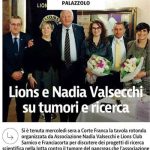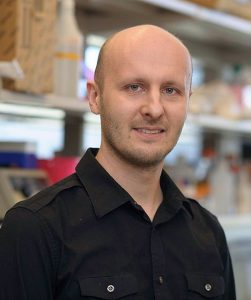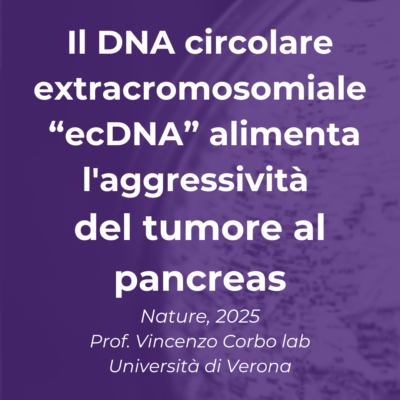
Ass. Nadia Valsecchi and LIONS CLUB Sarnico and Franciacorta
Novembre 11, 2015
Premiazione concorso fotografico “uno scatto per la ricerca”
Dicembre 4, 2015
Wilhelm Palm, PhD
Memorial Sloan Kettering Cancer Center New York
Dr. Wilhelm Palm obtained his B.Sc. and M.Sc. from the Technical University of Munich, Germany.
For his PhD, he then moved to the Max Planck Institute for Cell Biology in Dresden, Germany, where he became interested in the interplay between signal transduction and metabolism. Currently Dr. Palm is a postdoctoral researcher in the prestigious laboratory of Dr. Craig Thompson at Memorial Sloan Kettering Cancer Center in New York, which is “the world’s oldest and largest private institution devoted to cancer prevention, treatment, research and education”. Dr. Thompson is president and CEO of Memorial Sloan Kettering Cancer Center and his laboratory conducts basic research in the field of cancer biology. His work has contributed to the resurgent interest in cancer cell metabolism and has formed the basis for translational therapies that exploit the metabolic addictions exhibited by cancer cells.
Wilhelm’s interest is to understand how cancer cells acquire sufficient nutrients to drive their uncontrolled growth. In particular, he investigates how cancer cells can internalize proteins from body fluids and use them as nutrients. This evolutionarily ancient cell eating strategy is commonly used by single cell organisms such as amoeba and slime molds, but suppressed in human cells. However, recent work discovered that Ras mutant cancer cells (in particular pancreatic cancer cells, in which K-Ras is the most commonly mutated oncogene) can reactivate this pathway and survive starvation conditions lethal to normal cells by using proteins as an alternative nutrient source.
Targeting the bad eating behavior of pancreatic cancers may open therapeutic avenues to limit tumor growth, or to selectively deliver poison to tumor cells.Research over the last couple of years has taught us to understand pancreatic cancer as a very unique disease that behaves very different from many other cancers and requires specific treatment strategies. “I am optimistic”, Wilhelm says,”that the concerted efforts from basic and translational researchers as well as clinicians that we are witnessing right now will eventually translate these basic insights into therapies that will significantly impact patient outcomes”.





